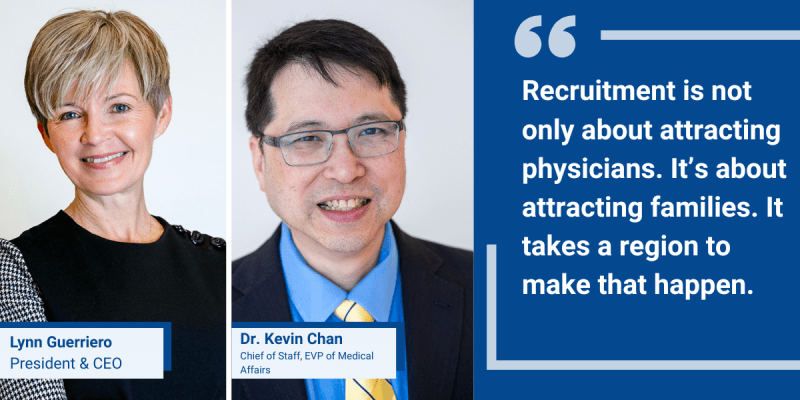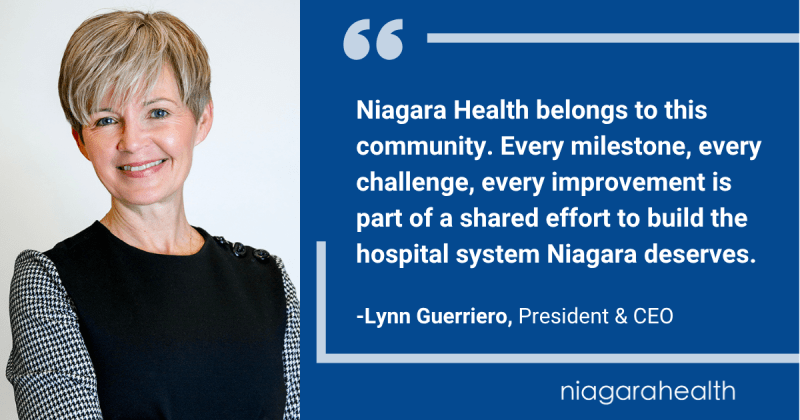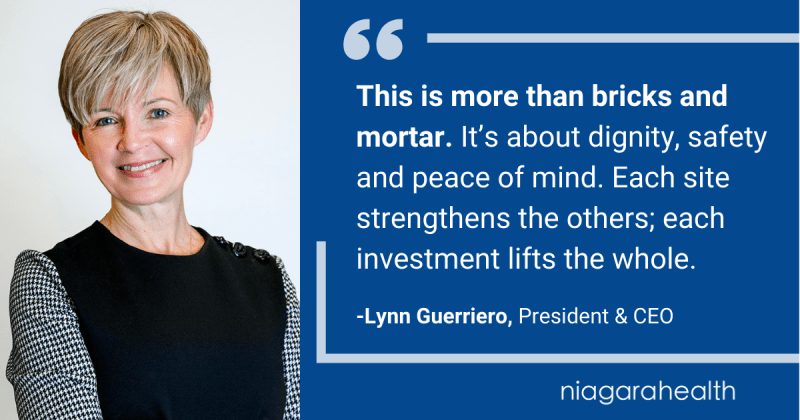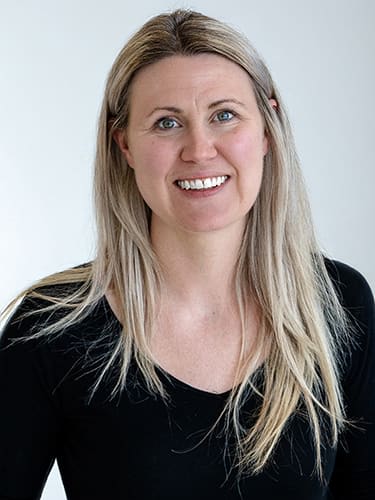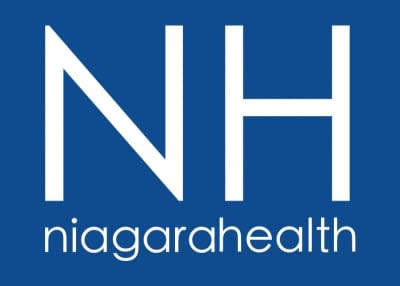When the sun logs off before you do
In November, holiday plans feel festive. By mid-December, those same plans can feel like a group project you didn’t agree to. Understanding why this season feels harder can help people recognize what’s happening sooner and respond with a bit more self-compassion.


